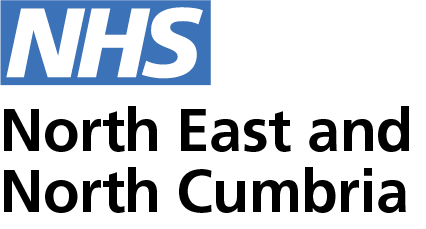Maternity services encourage women in early labour to get in touch
Pregnant women are being urged to contact their local maternity services if they are experiencing signs of preterm labour (before 37 weeks).
Evidence suggests that women in the North East and North Cumbria sometimes present to maternity services in established preterm labour.
On World Prematurity Awareness Day [Friday 17 November], midwives, nurses and doctors from across the region are encouraging women who may be experiencing signs of preterm birth – which is symptoms of labour before 37 weeks - to contact their local maternity services as part of a new campaign to raise awareness of the support available.
There are lots of treatments available to support women and their babies if they do go into labour before 37 weeks. This can include giving steroids to help the babies’ lungs, or antibiotics to reduce the risk of infection.
Women can also be supported to go to the right hospital should their baby be very early. There are specialist services at Newcastle, Middlesbrough and Sunderland which look after babies who are born very early.
It is vital women contact their local maternity service if they experience any of these symptoms:
- Change in vaginal discharge (watery, mucus like or bloody)
- Vaginal bleeding
- Constant, low, dull back ache
- Pressure down below
- Mild period like cramps
- Regular tightenings that can be painless
- A gush of fluid or pop sensation
Sarah Dennis who gave birth at 25 weeks pregnant said: “At 23 weeks I was just at work and was having quite bad tightening around my tummy, spoke to a midwife and she said it was probably just ligament pain, and to take paracetamol and maybe just take it a little bit easy. I thought I'd had quite a busy weekend, and I didn't know whether I'd just done a bit too much.
“However, a couple of days later I went to bed and during the night I woke up and my pyjama trousers were wet, and I thought I’d wet myself.
“I rang the pregnancy assessment unit just at my local hospital, and they said to come in for a check.
“When I got there, after various tests were completed, it was confirmed that my waters had actually broken.
“My instant feeling was that my waters had gone, so I thought I would be having baby straightaway. However, this wasn't the case, and I was advised to stay in hospital for five days to complete a course of antibiotics and just to be generally monitored for infection and for the baby to be monitored whilst I was there.
“13 days after my waters broke, at 25 weeks plus six days, my little boy Rory, decided to make his entrance into the world and we spent 93 days NICU (Neonatal Intensive Care Unit).
Jenna Wall, Director of Nursing and Midwifery for the North East and North Cumbria Integrated Care Board, said: “Often women don’t contact the maternity services soon enough, missing the opportunity to provide treatment which may benefit both mother and baby. In some cases, interventions mean that we can delay labour, allowing time for treatments and better outcomes for mothers and babies. Please contact your midwife or maternity service if you have any concerns as they will be happy to answer any questions and provide advice and guidance.”

